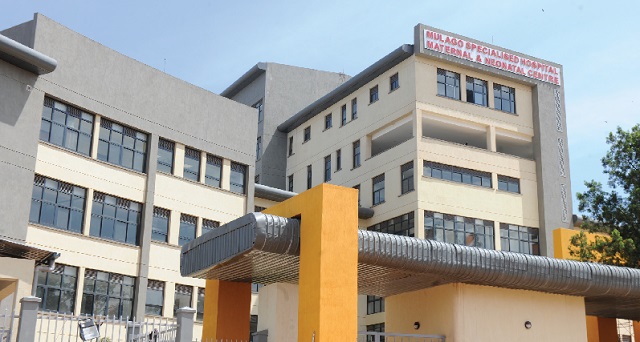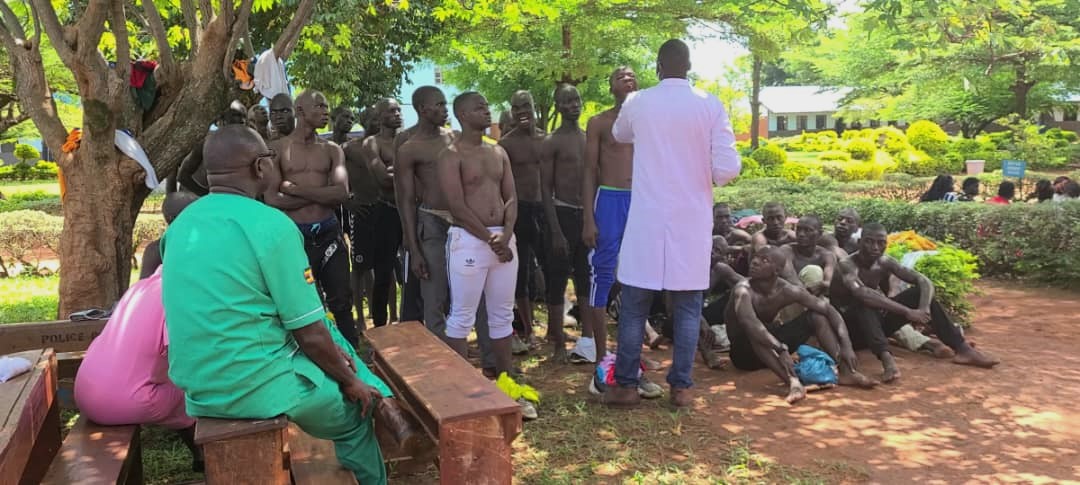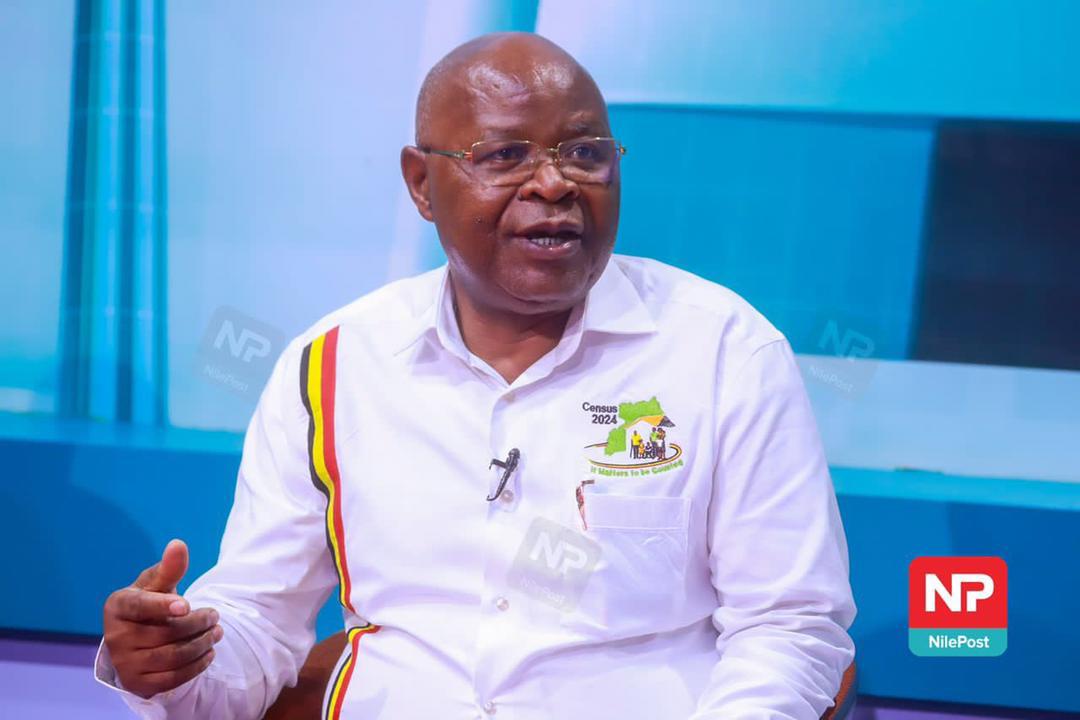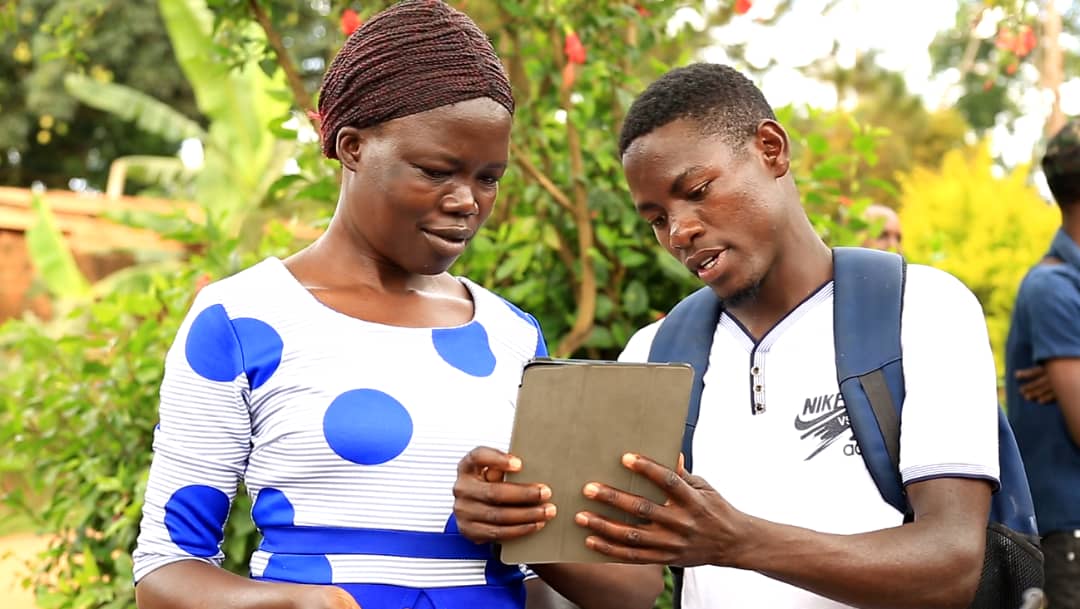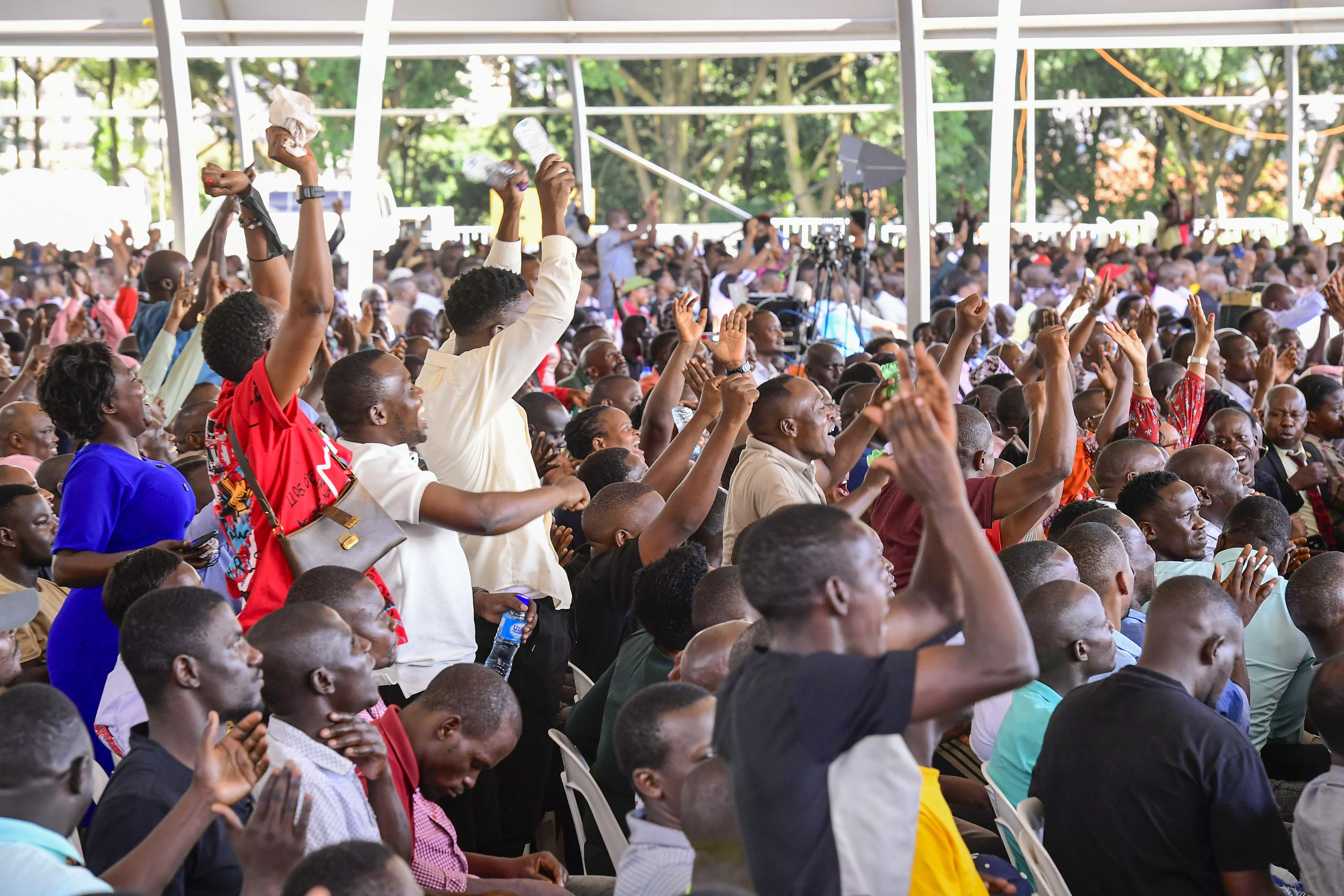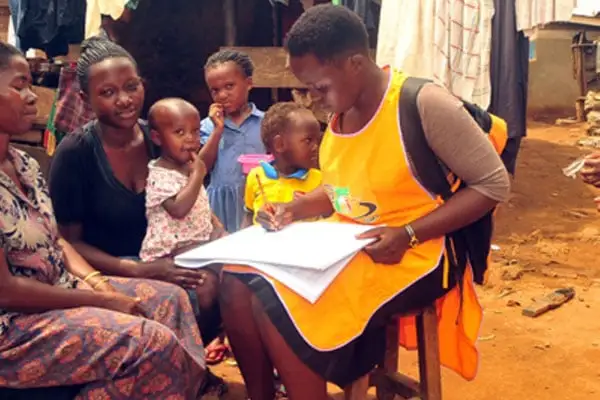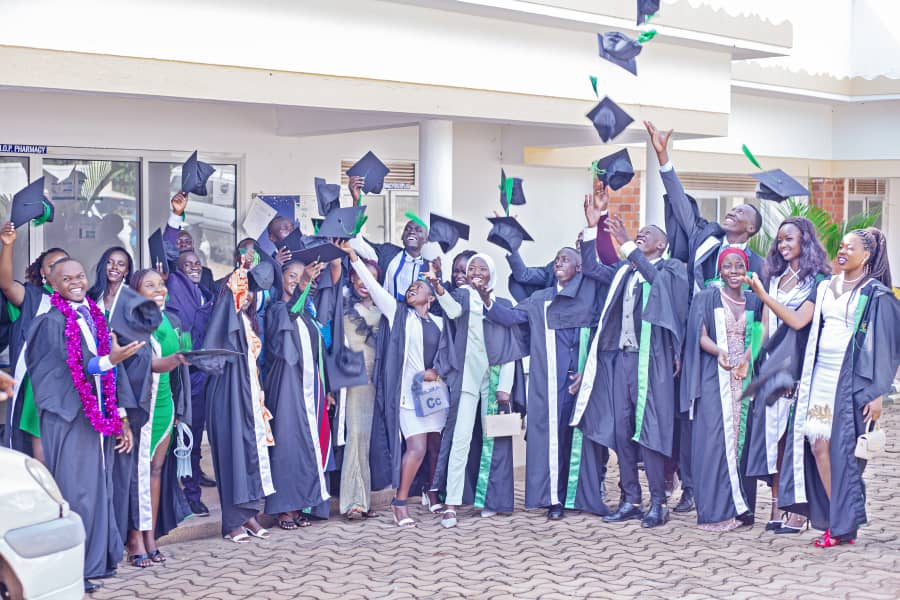Senegal: Faye's victory is the gold standard for African democracy, renaissance
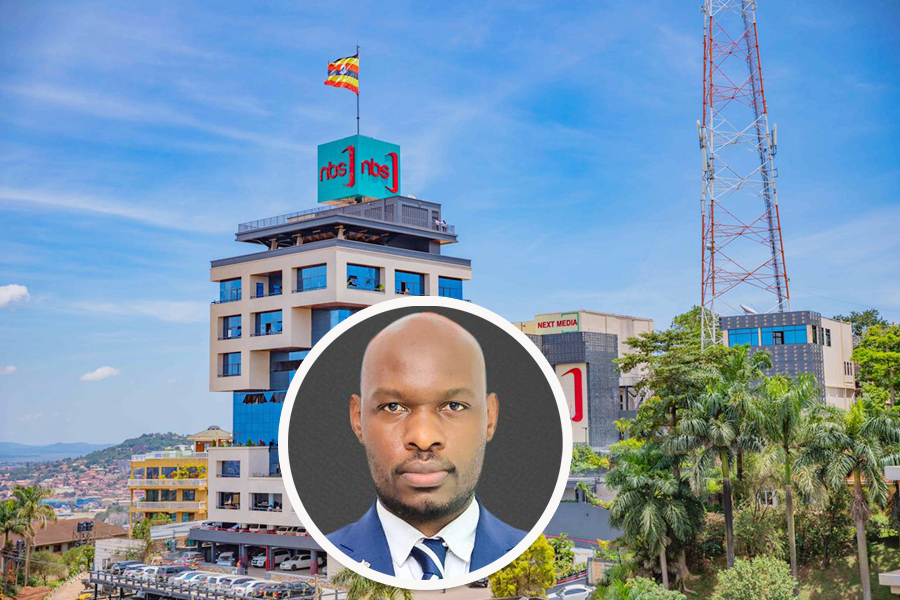
By Robert Kigongo
“The harder the battle, the sweeter the victory.” That’s how younger Senegalese must be feeling. After overwhelmingly voting for President Bassirou Diomaye Faye, a 44-year-old opposition candidate to replace Macky Sall.
The jubilations on the streets of Dakar and across Africa after the announcement of Faye 10 days from prison clearly justifies how sweeter democracy is than kleptocratic authoritarianism.
The unexplainable feeling of announcing the person you voted for in democratic process after intensive participations, street riot demonstrations, arbitrary arrests, name it all is sweeter than having sex - the highest form of pleasure by a human being.
As a democracy deliverer, Faye’s victory is not just for the brave younger people of Senegal but it’s a victory for democracy over kleptocracy and authoritarianism.
In many African countries under authoritarian rule, kleptocracy is disguised as democracy and in the minds of authoritarian rulers and apologists, its regarded as a pseudo idea which is very absurd.
As such they end up introducing draconian laws, abusing elections and democratic institutions which has consequentially exposed peaceful
nations into political turmoil and economic setbacks.
For example, Sudan, Zimbabwe, Libya, Tunisia, Angola, Mali, Burkina Faso, Equatorial Genuine, among others.
Dear reader, I have sad news for you. Due to power struggles, democracy is not achieved on a silver plate; it's rather hardly earned after
civil wars, internal conflicts, foreign influence, demonstrations, diatribe, inflation and liberation struggles.
For Senegal, the struggle for democracy started with Ousmane Sonko, the leader of Senegalese opposition being charged with rape and corruption, to imprisoning Aliou Sane and Faye the incoming that was deemed as an act of repression and an act of political injustice that led to countrywide demonstrations where at least 15 people were killed.
As a result elections were extended forth and back until democracy prevailed at the end of the day.
In Kenya, the struggle for democracy started with over one thousand people dying in violent demonstrations during the Mwayi Kibaki administrations for them to start holding dialogues for democratic pathways they continue to enjoy up to date.
The good news is that democracy can be earned through peaceful means through exercising democratic principles and overcoming the greatest obstacle - fear in presence of civic space and human rights observation.
For example, the brave people of Zambia amidst switching off internet and clampdown on social media overcame fear to overwhelmingly exercise the left civic spaces and voted for President Hakainde Hichilema against former kleptocratic president Edgar Lunga.
Fear among citizens is the greatest element keeping countries under kleptocracy and authoritarian rule. It's upon civil societies, religious institutions and political parties to build a fearless critical mass as it has been demonstrated in Senegal.
The critical mass of young people in Senegal, upon illegal arrests of Ousmane Sonko, Aliou Sane from Yen A Mare and vice coordinator of F24, overcame fear by carrying out street demonstrations that has consequentially led to victory of Faye.
Senegal is just a statistic where young people have expanded the reach of justice but in so many countries, they have shaken the halls of power.
Younger people have brought down dictators and driven some of history’s most tectonic shifts, according to USAID’s Administrator Samantha Power during the International Youth Day 2022.
According to Afro Barometer survey in 2023, the wave of protests was a result of “at least 53 percent of Senegalese that believed democracy was the major problem or others believed there was no democracy at all, while 51 percent expressed dissatisfaction with the way the democracy is functioning.
The spark of protests was the Sall attempt to get a third term in office while the constitution only limits the head of state to two terms.
Majority of African, Latin America, Asia and Oceania countries are pure kleptocracies where government use power to plunder national resources, looting seasoned by dictatorship, corruption and gross inequalities.
However, democratic countries have proven to be more developed and organised, politically and economically stable compared to kleptocratic authoritarian countries thus making democracy the building block of peace and sustainable development.
Democracy prevailing in Senegal means potential for political stability, economic growth, human rights observation, infrastructure development and bridging inequality gaps has been over amplified by kleptocracy.
Now that Senegal has followed Ghana, Zambia, Nigeria to demonstrate that democracy is sweeter than kleptocracy, here is how African nations can transit from kleptocracy to democracy.
Building strong institutions
Establishing independent and impartial institutions such as independent judicial system without political cadre judges and magistrates and free press, independent journalists and a robust civil society without bias of promoting foreign interests is crucial which institutions play a vital role in upholding the rule of law, combating corruption, and ensuring accountability.
Promoting transparency and accountability
Implementing measures to increase transparency in governance, such as financial disclosure requirements for public officials and open procurement processes, can help combat corruption and promote accountability;
For example, Uganda has established the Police force department of criminal intelligence, Inspectorate of Government, Directorate of Public Prosecution among others.
Strengthening the rule of law
Ensuring that laws are applied equally to all citizens not just a few regardless of their status or connections, is essential.
This includes reforming the legal system, police criminal investigative department, enhancing judicial independence, and promoting access to justice for all.
Encouraging citizen participation
Engaging citizens in the decision-making process and providing avenues for their participation can help build trust and legitimacy in the new democratic system.
This can be done through mechanisms such as free and fair elections, civic education, and inclusive governance structures. However, in my Uganda, this is being hindered by public order management law, clampdown of civic spaces and social media platforms like Facebook, something that must be reviewed.
Fostering a culture of integrity
Advancing and preserving African ethical behavior and integrity within society is crucial for sustaining a democratic system.
Subsequently, can be attained through innovative education, awareness campaigns, and promoting a culture of values similar to Buganda‘s obumu, obuntubulamu, obweruffu, obwesimbu, transparency, and accountability.
Transitioning from kleptocracy to democracy needs comprehensive short term and long-term thorough approach.
Often times it will involve addressing unresolved independence issues, current systemic issues, promoting accountable governance and empowering citizens to actively participate in shaping their country's future.
International cooperation and partnerships that play a significant role in facilitating this transition by providing diplomatic and high-level technical assistance, promoting democratic values at all costs and supporting anti-corruption efforts to overcome the entrenched kleptocracy.
What has hindered sustainable development in African countries is abuse of democracy disguised as kleptocracy, therefore a just transition from kleptocracy to democracy will build sustainable pathways and save Africa from future calamities.
Conclusively, other African countries in this age of renaissance should embrace democracy in order to position Africa better in the New World Order.
_____________________________________________________________
Mr Robert Kigongo is a democracy deliverer and a sustainable development analyst



